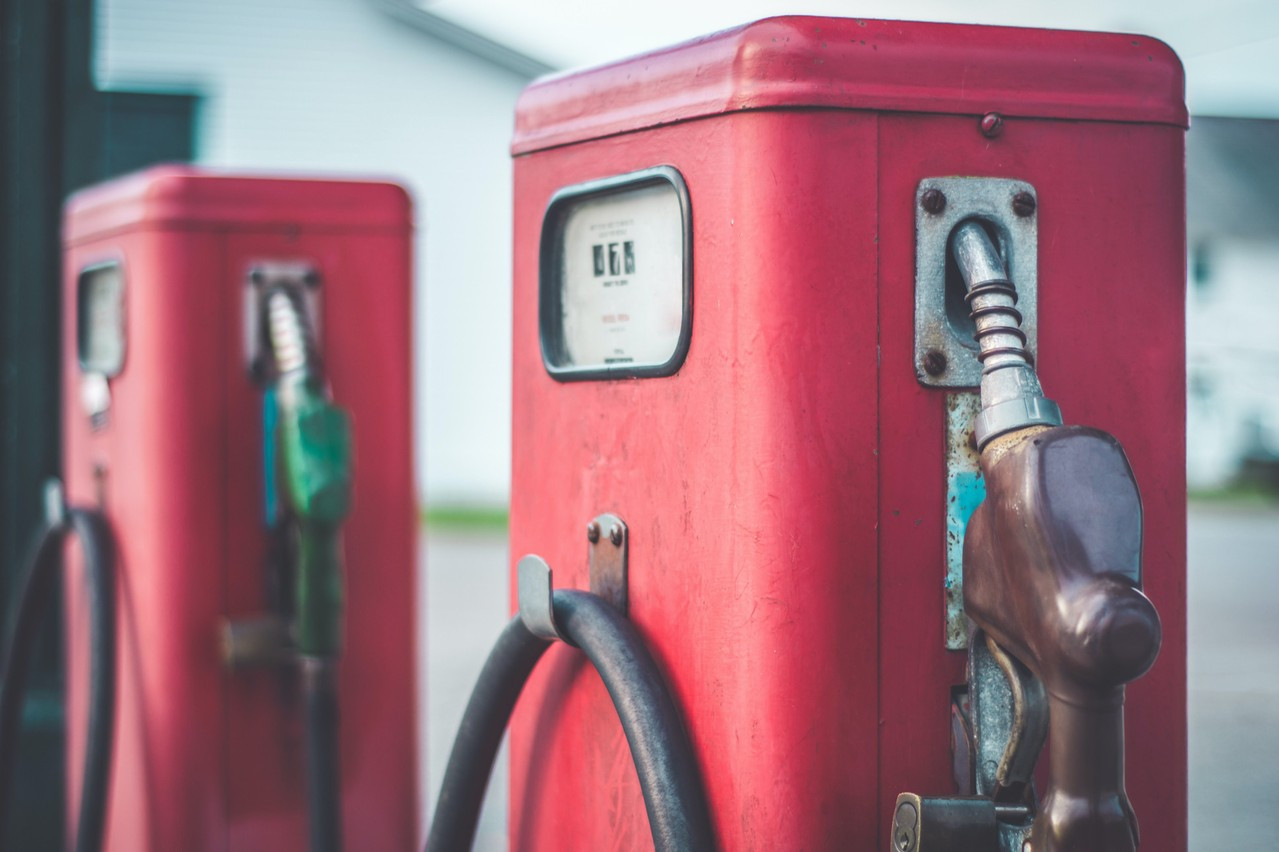Brent oil prices are approaching $75 a barrel, driven by the global economic recovery, which is stimulating fuel consumption, while production remains constrained. Some anticipate a return to $100, a level not reached since 2014. At the station, gasoline prices for residents are reaching levels not seen since 2013.
Fuel prices continue to rise in Luxembourg. This Friday, the maximum price of petrol 98 exceeds the symbolic mark of 1.40 euro, hitting 1.424 euro, a first since September 2013. While no price change has occurred for diesel (1.214 euro), nor for petrol 95 (1.318 euro). Moreover, the increases are expected to continue at least until July 1, the date of the next OPEC meeting.
Lack of investment
Since the health crisis, production has been restricted. And if OPEC and Russia, which drastically reduced their exports in 2020, reopen the taps, they will do so gradually. The next step in this reopening could be announced this 1 July, as the Cartel wants to ensure the sustainability of the recovery before a more significant increase in production. It has unused production capacity of more than 9 million barrels per day, or 10% of world demand.
Another brake on supply, more structural and worrying, is the lack of investment by oil companies in research and infrastructure for years. The risk highlighted by analysts is that production will fall faster than demand, causing a "super cycle", i.e., a bull market comparable to that of the 2000s. A scenario that is still being debated.
Collapse of stocks
On the demand side, the recovery is clear.
Global demand is expected to increase by 2.5 million barrels per day in June, rising above 96 million, according to data from the International Energy Agency. "One of the strongest monthly increases ever recorded in recent years," notes the IEA. The pre-crisis consumption level of 100 million barrels per day is expected to be reached in early 2022. The rebound in sales is directly linked to the gradual improvement in the health situation.
Oil stocks are falling everywhere. This is evident in the United States, where reserves have fallen by 7.4 million barrels, according to the Energy Information Administration. Analysts were expecting a decline of 2.5 million. American refineries are running at nearly 93% of capacity, returning to pre-pandemic levels of activity.
The wallet of motorists is likely to be further stretched in the coming weeks.
This article was originally published in French on Paperjam and has been translated and edited for Delano.
